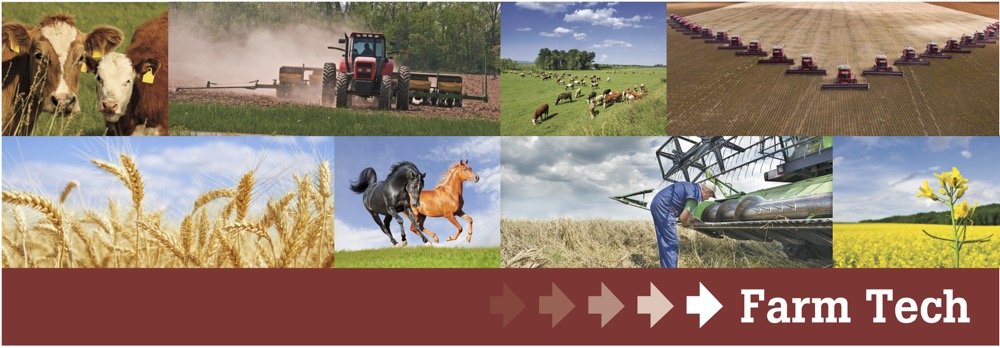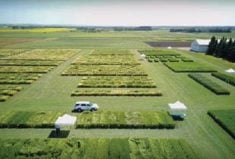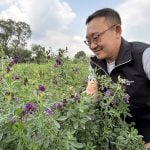Focus on food, not farming.
Health is both a huge global issue and a deeply personal matter, and farmers should be focusing on that and nutrition, said Pulse Canada CEO Gordon Bacon.

“The variety registration program covers 50 tests to have a variety registered for production — none has to do with nutrition, let alone health,” Bacon told FarmTech attendees.
Farmers need to start caring more about the products made from their crops, and how they can make them more nutritious, he said.
“Global health is an important issue these days. In a country like Canada where we have public funded health care, this is a huge issue for provincial and federal governments.”
And that’s true around the world, he added.
- More from FarmTech: Accentuate the positive in modern farming
U.S. studies are finding the average American is getting heavier, and the incidence of obesity, diabetes, and cardiovascular disease is rising. In India, they are facing a twin battle — rising rates of obesity and diabetes, but also high levels of malnutrition among children.
Read Also

Farming Smarter receives financial boost from Alberta government for potato research
Farming Smarter near Lethbridge got a boost to its research equipment, thanks to the Alberta government’s increase in funding for research associations.
Bacon challenged his audience to step back and ask a big question.
“What we should be doing and asking is, ‘Are we doing the right things as an industry?’”
Each part of agriculture has something to contribute, he said. The pulse sector, for example, is working to improve the bioavailability of iron and selenium, while the oats and barley sectors are working to substantiate beta-glucan health claims.
A focus on nutrition and health benefits should be part of breeding efforts and be factored into agronomic practices, he said.
“These challenges could become opportunities (for farmers).”
Another thing that consumers want to come with their food is environmental benefits. Global food companies like General Mills are making sustainability part of their brand, and requesting everyone in their supply chain to reduce their greenhouse gas emissions or environmental footprint.
So how does that translate down to the farm?
Bacon used Kellogg’s as an example. The company has said it wants to see a 50 per cent reduction in greenhouse gas emissions from its suppliers by 2030.
Not surprisingly, Bacon favours growing more pulses.
Using pulses to go to a one-in-four-year rotation ups sustainability. And some of that extra pulse production can be made into flour — lentil and durum flour makes great pasta and 20/80 split of pea and wheat flour makes very nice bread, he said.
But the key is to think about these and other specific benefits when growing crops, said Bacon.
“How do we move the bar in health, nutrition, and sustainability?” he asked. “We need to be more efficient in what we do, but also transform our thinking in how we look at food. Instead of thinking of farming systems, we think about food.
“We need to think about the outcome which is the food product and how do we make food more nutritious, more sustainable, and through food change health outcomes.”
















